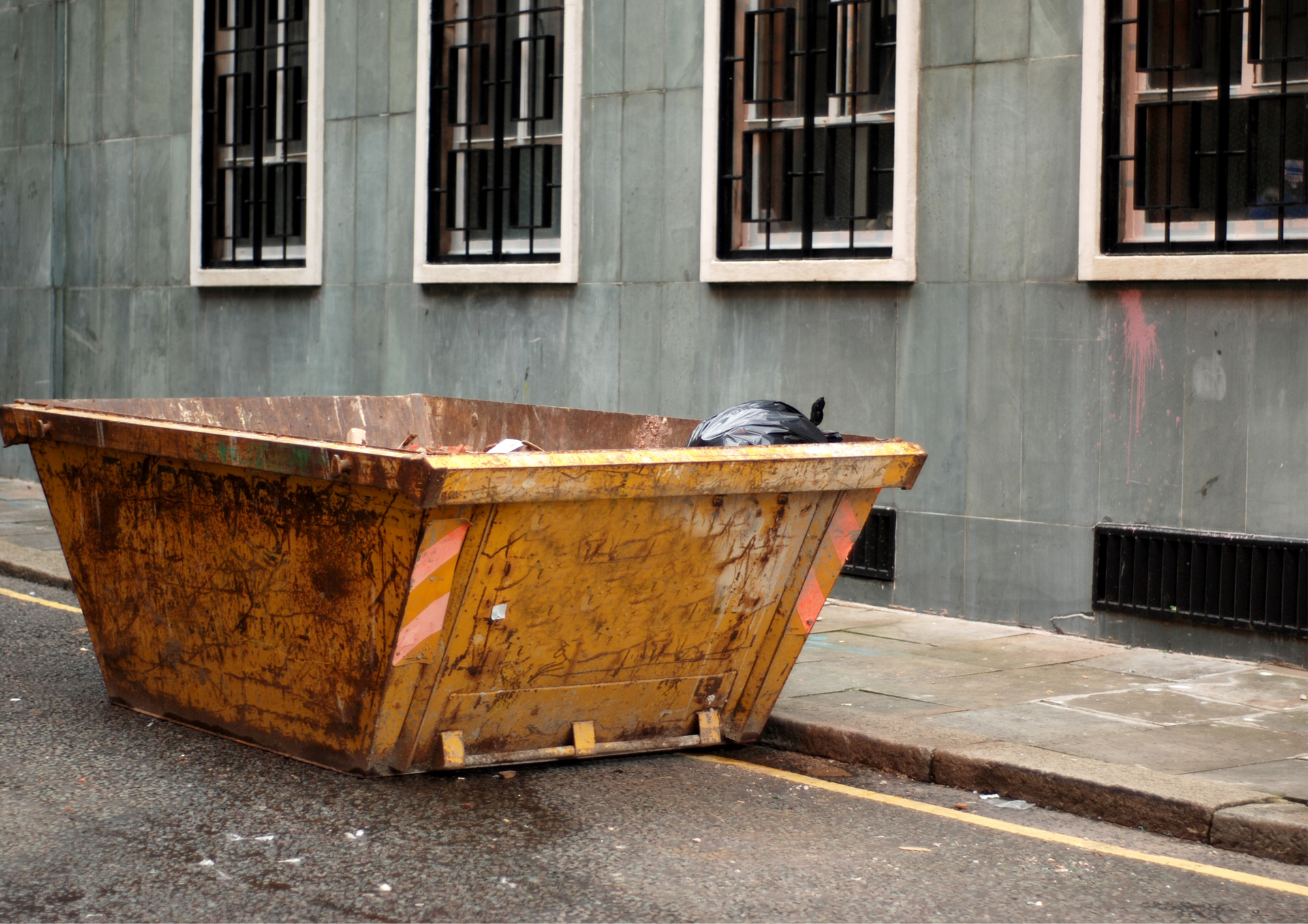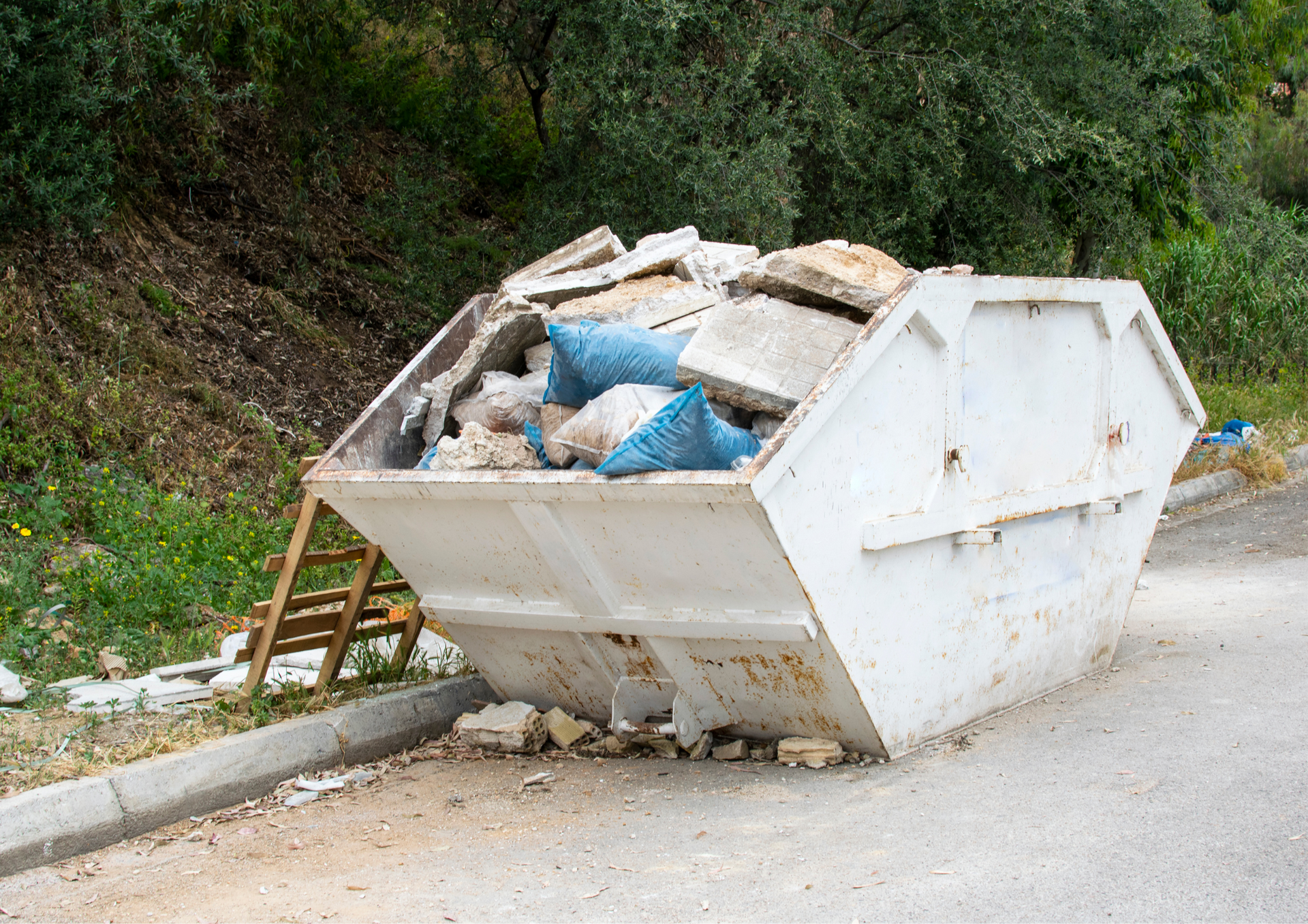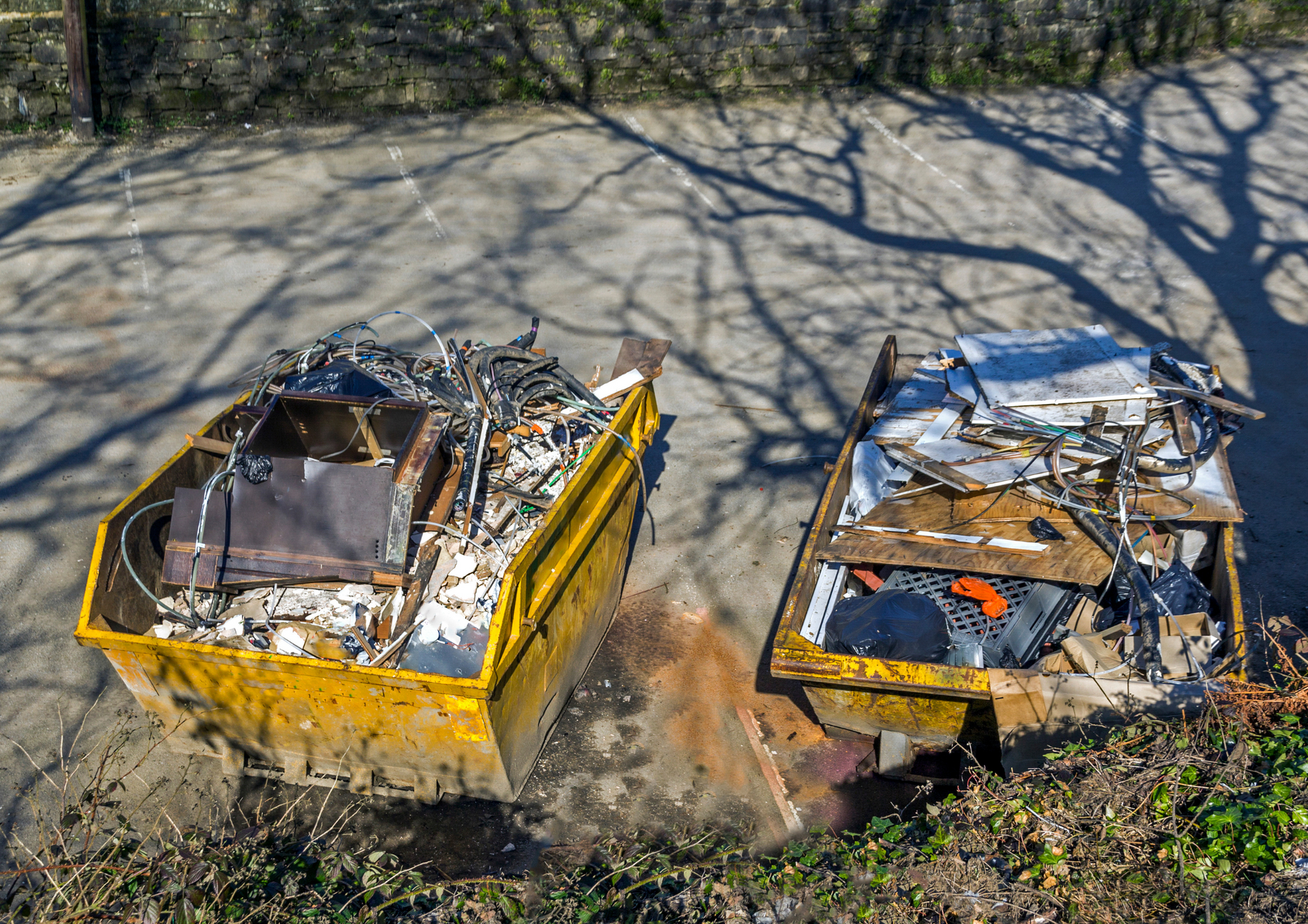What You Can and Can’t Put in a Skip When You Decide to Hire One
Hiring a skip is one of the most efficient ways to manage waste, whether you are renovating a property, undertaking a large-scale construction project, or simply clearing out a home or office. However, knowing exactly what can and can’t go in a skip is crucial—not only for safety but also for compliance with waste disposal regulations.
This guide will help homeowners, businesses, and contractors make informed decisions and avoid unnecessary complications.
What You Can Safely Put in a Skip
When hiring, it’s helpful to know which items are suitable for disposal. Skips can take a wide range of non-hazardous waste, making them ideal for household, business, and construction projects.
You can safely put the following in a skip:
- Household waste – old furniture, toys, clothes, and non-electrical appliances
- Construction and renovation materials – bricks, tiles, rubble, wood, plasterboard, and metal
- Garden waste – branches, soil, grass cuttings, and other green waste
- Office clear-outs – desks, shelving, filing cabinets, and other non-hazardous items
- Event and landscaping debris – bulky waste generated during projects or clean-ups
Items You Cannot Put in a Skip
While skips are versatile, there are strict rules regarding what cannot be disposed of in them. Hazardous materials such as asbestos, medical waste, solvents, chemicals, and flammable liquids are strictly prohibited. Similarly, tyres, batteries, and electrical appliances such as fridges, freezers, and televisions require specialised disposal methods.
Certain items pose environmental and safety risks, which is why they cannot be mixed with general waste. For instance, gas cylinders—even when empty—must not be placed in a skip. Paint tins containing liquid, fluorescent tubes, and pressurised containers are also not allowed. If you are ever unsure, it is best to check with your provider before disposal.
Considering Cost and Skip Sizes
When planning waste removal, understanding skip sizes is essential. Smaller skips are ideal for minor household projects, while larger ones can accommodate bulkier construction debris. Choosing the right size not only ensures efficiency but also helps you avoid the expense of hiring multiple skips.
Budget is another important consideration. Factors such as the type of waste, skip size, and duration of hire can influence skip hire prices. Taking the time to assess your waste volume beforehand will save you both time and money, ensuring a smooth and cost-effective process.
Finding the Right Provider
Selecting a reliable company is just as important as knowing what can and cannot go into a skip. A provider offering local skip hire will usually deliver faster, keep costs competitive, and provide tailored advice suited to your area. Many also provide guidance on restricted items and may even suggest alternative disposal methods for prohibited waste.
For those seeking cheap skip hire without compromising on service quality, it is worth comparing customer reviews, delivery options, and flexibility in collection times. A trustworthy provider will always be transparent about costs, advise you on the correct skip size, and ensure your waste is handled in compliance with legal standards.
Knowing what can and can’t go in a skip is key to effective waste management. From household clutter to construction debris, they provide a convenient and practical solution for large-scale cleanouts and projects. However, awareness of restricted items is vital to avoid potential fines and ensure environmentally responsible disposal. By
hiring a skip of the right size and understanding the costs involved, you can make the process straightforward and stress-free.
At
Skip Hire Swansea, we pride ourselves on delivering a reliable, professional, and cost-effective waste management service. Whether you are a homeowner, a business, or a construction company, we make
hiring a skip simple and provide flexible options to suit any project size. Our team ensures all waste is handled responsibly and in full compliance with environmental standards.
New update on X:
Hiring a skip - What you can and can’t put in a skip when you decide to hire one!




